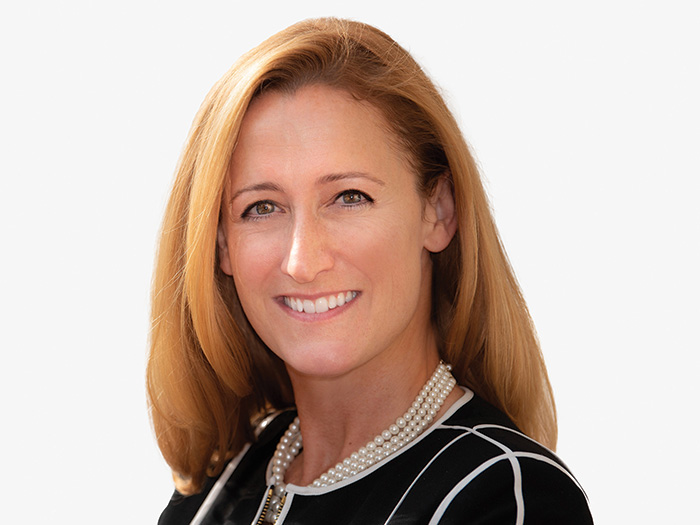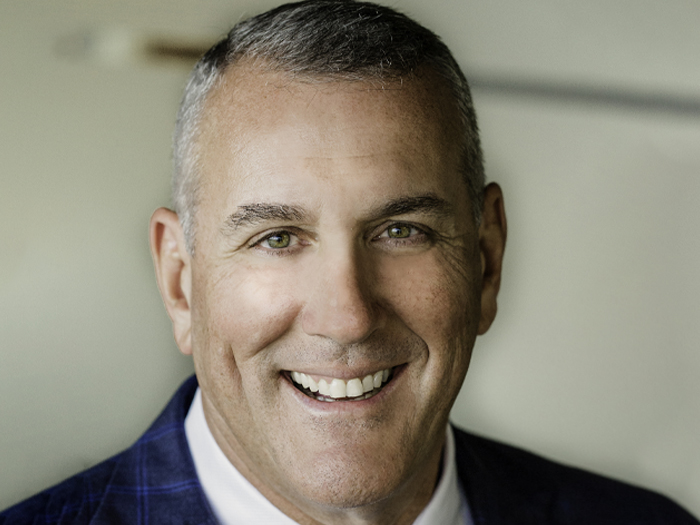Upfront
Foreign Risk
Civil war sweeps through northern Mali. Customs officials in Vietnam are overwhelmed by the jump in foreign trade. Anti-government protests erupt in Turkey.
 Today’s volatile world presents tricky terrain for corporate risk managers, who have to balance myriad risks against the need to maintain a global supply chain, even if it stretches into places they might otherwise avoid.
Today’s volatile world presents tricky terrain for corporate risk managers, who have to balance myriad risks against the need to maintain a global supply chain, even if it stretches into places they might otherwise avoid.
Headlines may tell risk managers which countries are suffering turbulence, but they usually want more detailed information on how a problem overseas might affect their businesses, according to brokers and consultants who specialize in international risk.
“That’s really what corporations and financial institutions are looking for right now,” said Michel Léonard, chief economist and senior vice president of emerging markets for Alliant, the Newport Beach, Calif.-based insurance brokerage. “How do they translate a headline about Nigeria into their business? Is it getting better or worse?”
According to a recent analysis by Alliant, risks are increasing in Mali, Tunisia, Argentina and Egypt. Also on the list are Kazakhstan and Vietnam, where bureaucrats overseeing foreign trade and investment are having trouble keeping up with demand, Léonard said.
Risks run the gamut from civil war to creeping expropriation, in which a country’s actions slowly diminish the return on a company’s operations, Léonard said. Foreign governments won’t expel a U.S. company outright, but they might coerce new revenue-sharing contracts that are more favorable to the host country.
Companies also may face shipping delays due to government actions, or they may have trouble changing foreign currency.
Most companies know the risks before they move into a country, brokers said. And if a country becomes too risky, some may be able to shift operations elsewhere. But others may rely on a key producer or a raw material that is found nowhere else, restricting their options.
“Every client is going to be different,” said Corina Monaghan, a senior vice president specializing in crisis management for Towers Watson, a New York-based consulting firm.
“There is a social element of doing business in a foreign country that can mitigate political risk.”
— Corina Monaghan, senior vice president, Towers Watson
Once companies figure out what their exposures are, the challenge lies in deciding whether to buy insurance coverage, and, if they do, figuring what and where to cover.
“Some companies do look to buy the insurance right away,” Monaghan said. “Others, frankly, don’t. They don’t think that they have much of an exposure. They wait until something’s happened,” she said, noting that is akin to buying property insurance after your house catches fire.
When it comes to international exposure, fires can start anywhere, she said. South Africa, for instance, had been considered a low or moderate risk. But it has been growing more difficult for foreigners to do business in the country.
Given the unpredictable nature of political risk, consultants and brokers recommend buying coverage across multiple countries. Lumping in high-risk and low-risk nations could make a company more attractive to underwriters.
“They might cover not only emerging-market exposures, but also OECD [Organization for Economic Cooperation and Development] countries and then underwriters get a spread of risk that covers the good, the bad and the ugly,” said Roger Schwartz, senior vice president and head of the political risk practice in North America for Chicago-based brokerage Aon Risk Solutions.
Companies also can try winning over hearts and minds through philanthropic activities focused on a country’s needs, which could include education, clean water or better roads, Monaghan added. “There is a social element of doing business in a foreign country that can mitigate political risk.”










